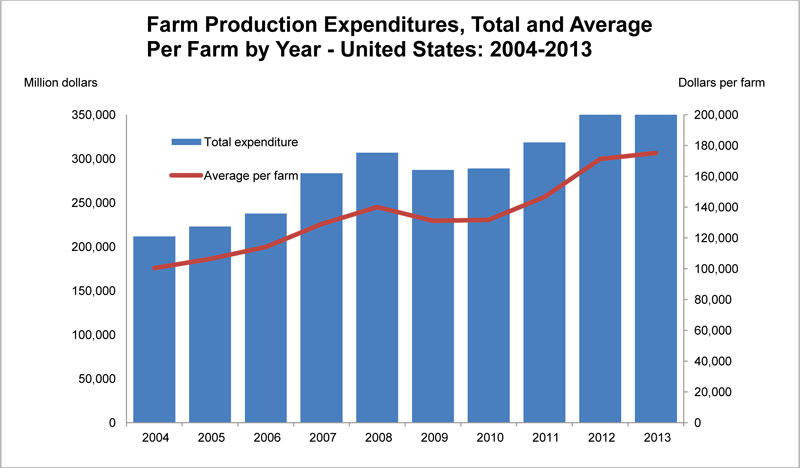MT. VERNON, Mo. — There are many tests that Extension specialists rely on to solve perplexing problems or questions received from cattle producers according to Eldon Cole, a livestock specialist with University of Missouri Extension.
“The most basic test that all agriculture specialists with MU Extension turn to is the soil test. That test saves lots of fertilizer dollars especially when prices are high,” said Cole.
When it comes to animal nutrition concerns, testing forages can save on supplement costs. A forage test typically costs around $20.
“A forage test may reveal more than adequate protein which could mean you don’t have to spend money on a protein supplement,” said Cole. “Energy or total digestible nutrient (TDN) levels can also be a valuable guide in adjusting the ration for desired animal gains.”
Testing for minerals may be advised from time-to-time although the cost for trace minerals will be higher than tests for energy and protein. Testing by-product feeds for sulfur levels may also be recommended at times.
“During the latter part of 2011, we recommended nitrate testing be done before some forages were fed. Some states test for prussic acid, a potential killer in johnsongrass and sorghum-type forages,” said Cole.
Testing water supplies for cattle is helpful in cases to identify poor quality water which could compound nitrate or sulfur issues.
Health and veterinarian testing for reproductive problems can pay big dividends. Examples might be bull breeding soundness, pregnancy testing, BVD-PI, brucellosis, TB, trichomoniosis, reproductive tract scoring and pelvic measurements.
Cole says several other diseases, both infectious and metabolic, can be identified via lab testing. This would include post mortem tests to identify mystery deaths as well as parasite problems.
Testing cattle objectively to evaluate genetics has been around for more than 50 years in an official capacity. Ever since cattle breeders used a scale to measure weaning and yearling weights it could be viewed as a test and a forerunner to breeding values and expected progeny differences (EPD).
“Today, we have more sophisticated methods of identifying genetic or genomic superiority. DNA tests, ultrasound carcass evaluation and residual feed intake fall in that category. Additionally, genetic defect testing has application in most breeds,” said Cole.
Cole says he hasn’t figured a cost on the expense of all these tests for a beef producer. However, he does believe it would be worthwhile for cattle producers to consider budgeting money to evaluate their beef production systems.
“You won’t need to perform many of the tests but be aware they exist and use them selectively as they should help you, your extension personnel and veterinarian solve production problems. As the saying goes, ‘test, don’t guess.’ At least if you test you’ll become a more accurate guesser,” said Cole.
For more information, contact any of the MU Extension livestock specialists in southwest Missouri: Eldon Cole in Mt. Vernon, (417) 466-3102, Andy McCorkill in Dallas County at (417) 345-7551 or Dona Goede in Cedar County, (417) 276-3313.




